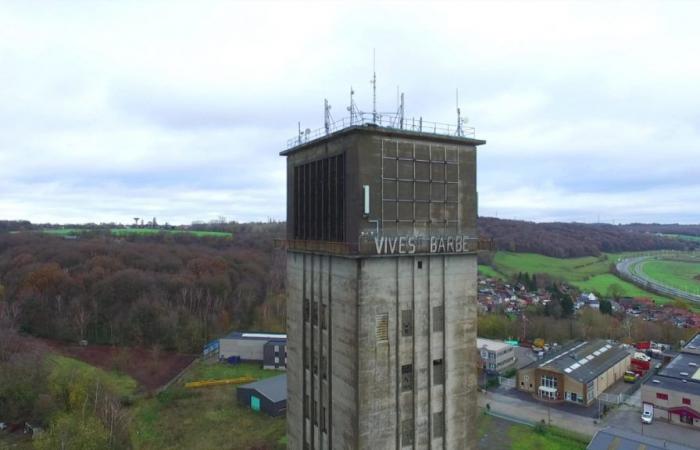The last coal mine in Belgium closed its doors a long time ago, but some homes continue to heat themselves with this fuel. They are few in number and this type of heating is largely in decline.
40 years ago today, the Roton coal mine in Farciennes, the last coal extraction site in Belgium, permanently closed its doors. Since then, no mines have been operating in the country, but some Belgians continue to heat themselves with coal, even if this practice is tending to disappear.
Households that still use this method of heating are mainly concentrated in former mining regions, particularly around Liège and Charleroi.
A fall in coal consumption
In 2022, around 40,000 Belgian households were still heating with coal, a figure in free fall compared to the 120,000 households still affected twenty years ago. Coal consumption follows the same downward trend.
According to BRAFCO, the federation of fuel traders, 33,300 tonnes of coal were sold in Belgium in 2023, compared to 43,700 tonnes the previous year, a drop of 23% in one year, and even 49% over two years.
Several reasons explain this rapid decline. First of all, the advanced age of the majority of users. It is mainly elderly people who continue to heat themselves with coal.
Quality and cost involved
Another explanation lies in the decline in the quality of available coal. Until 2019, Belgium mainly obtained its supplies from a German mine. The closure of this mine made the supply of coal difficult, forcing some users to turn to alternative heating installations.
Finally, the price of coal also contributes to the disaffection of this fuel. The cost of a tonne of better quality coal is now around 800 to 850 euros, with an increase of 100 to 150 euros per tonne between 2022 and 2023. An increase that is difficult to bear for households, often modest, which consume between one and two tons of coal per year.
Beyond questions of price and quality, more and more Belgians are turning away from coal because of its environmental impact. Coal combustion is in fact responsible for 40% of global CO2 emissions.
Thus, forty years after the closure of the last Belgian coal mine, coal seems to be gradually fading from everyday household life, turning a definitive page in the country’s energy history.
coal Belgian coal company Farciennes Roton






